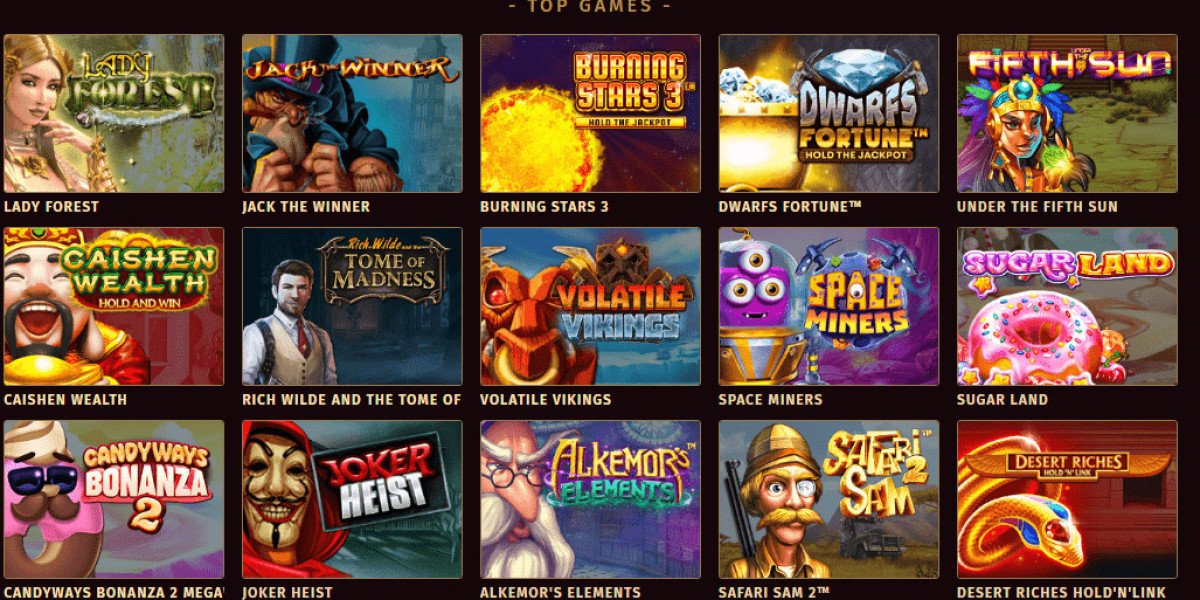Wplay, a name that might elicit a nostalgic flicker of recognition in those who frequented online gaming circles in the early 2000s, was an ambitious attempt to create a comprehensive portal for browser-based gaming. In a landscape vastly different from the app-driven, subscription-based models that dominate today, Wplay sought to be a central hub for free-to-play flash games, community interaction, and even budding multiplayer experiences. While it ultimately faded from prominence, its journey offers valuable insights into the evolution of online gaming, the challenges of content aggregation, and the nascent stages of community building in the digital world.
The Dawn of Flash and Browser-Based Gaming:
The early 2000s were a pivotal period for online gaming. Broadband internet was becoming increasingly accessible, enabling richer online experiences than the dial-up era allowed. Simultaneously, Flash technology was maturing, offering developers a relatively easy and accessible platform to create engaging and visually appealing games that could be played directly in web browsers. This confluence of factors created a fertile ground for websites like Wplay to flourish.
Before the widespread adoption of smartphones and dedicated gaming platforms, browser-based gaming offered a convenient and accessible alternative. Users didn't need to download large files or invest in expensive hardware. All that was required was a compatible browser and a relatively stable internet connection. This low barrier to entry made browser-based games incredibly popular, attracting a diverse audience ranging from casual players seeking a quick diversion to more dedicated gamers looking for unique experiences.
Wplay recognized this opportunity and positioned itself as a one-stop shop for this burgeoning market. It curated a library of Flash games, categorized by genre, and offered a platform for users to discover and play new titles. The website's design, typical of the era, was a mix of vibrant colors, animated graphics, and a somewhat cluttered layout. While it might appear dated by today's standards, it was reflective of the prevailing web design trends of the time, prioritizing functionality and breadth of content over sleek aesthetics.
Content Aggregation and the Challenges of Moderation:
The core of Wplay's appeal was its vast and ever-growing library of games. Unlike some platforms that focused on original content, Wplay primarily relied on aggregating games developed by independent creators and smaller studios. This approach allowed it to rapidly expand its catalog and offer a wide variety of experiences. From simple puzzle games and arcade-style shooters to rudimentary role-playing games and strategy titles, Wplay aimed to cater to a broad range of tastes.
However, this strategy also presented significant challenges. One of the most pressing was content moderation. With a constant influx of new games, it was difficult to ensure the quality and suitability of every title. Games often contained bugs, glitches, or inappropriate content, requiring constant vigilance and manual review. Copyright infringement was another concern, as some games were uploaded without the proper permissions from their original creators.
Wplay, like many similar platforms, relied on a combination of automated tools and manual moderation to address these issues. Users were encouraged to report problematic content, and moderators would investigate and take appropriate action. However, with a limited staff and a high volume of uploads, it was a constant battle to keep the platform clean and safe.
Community Building and Social Interaction:
Beyond simply offering a library of games, Wplay also sought to foster a sense of community among its users. The website featured forums where players could discuss their favorite games, share tips and strategies, and interact with each other. User profiles allowed players to customize their online identity and showcase their gaming achievements.
These community features were relatively basic compared to the social networking platforms that would later emerge, but they were nonetheless important in creating a sense of belonging and encouraging user engagement. Players could form friendships, participate in online tournaments, and even collaborate on game development projects. Wplay provided a space for like-minded individuals to connect and share their passion for gaming.
However, the moderation challenges that plagued the content library also extended to the community forums. Inappropriate language, spam, and harassment were common occurrences, requiring constant moderation efforts. Maintaining a positive and welcoming environment proved to be a significant challenge.
The Rise of New Platforms and Shifting Trends:
While Wplay experienced a period of initial success, it eventually faced stiff competition from a growing number of similar platforms. Websites like Newgrounds, Miniclip, and Armor Games offered similar libraries of Flash games, often with more sophisticated features and larger communities.
Furthermore, the landscape of online gaming was rapidly evolving. The rise of downloadable games, online multiplayer games, and social networking platforms presented new challenges for browser-based gaming portals. Players began to gravitate towards more immersive and interactive experiences, leaving behind the simpler Flash games that had initially fueled Wplay's growth.
The emergence of mobile gaming also played a significant role in the decline of browser-based gaming. With the advent of smartphones and tablets, users gained access to a vast library of games that could be played anytime, anywhere. This convenience and portability made mobile gaming a more attractive option for many players.
The Fading Away and Lessons Learned:
As a result of these factors, Wplay gradually lost its market share and eventually faded from prominence. The website continued to operate for a time, but it never regained its former popularity. Today, it remains largely forgotten, a relic of a bygone era in online gaming.
However, Wplay's journey offers valuable lessons for those interested in the evolution of online gaming and the challenges of building successful online platforms. It highlights the importance of content moderation, community building, and adapting to changing trends.
Content Moderation is Crucial: Maintaining a clean and safe environment is essential for attracting and retaining users. This requires a combination of automated tools and manual moderation, as well as clear policies and guidelines.
Community Building Enhances Engagement: Fostering a sense of community can significantly increase user engagement and loyalty. This requires providing opportunities for users to connect with each other, share their experiences, and participate in online activities.
Adaptability is Key: The online world is constantly evolving, and platforms must be able to adapt to changing trends and technologies in order to remain relevant. This requires continuous innovation and a willingness to experiment with new features and strategies.
Focus on Quality Over Quantity: While a large library of games is appealing, it is more important to prioritize quality over quantity. Offering a curated selection of high-quality games can create a more satisfying user experience.
- Original Content Matters: While aggregation can be a useful strategy for building a platform quickly, creating original content can help to differentiate a platform and attract a dedicated following.
wplay (wplay-co.co), while ultimately unsuccessful in achieving long-term dominance, played a significant role in the early days of online gaming. It provided a platform for independent developers to showcase their work, and it introduced countless users to the world of browser-based gaming. Its rise and fall serve as a reminder of the dynamic and ever-changing nature of the internet, and the importance of adaptability, community building, and content moderation in creating successful online platforms. While the era of Flash-based gaming has largely passed, the lessons learned from Wplay remain relevant for those seeking to build and maintain thriving online communities in the digital age. It stands as a testament to the pioneering spirit of the early internet, a time when the possibilities seemed endless and the future of online gaming was still being written. The legacy of Wplay, though perhaps a quiet one, is etched into the history of online gaming, a reminder of the platforms that paved the way for the complex and interconnected world of gaming we know today.







